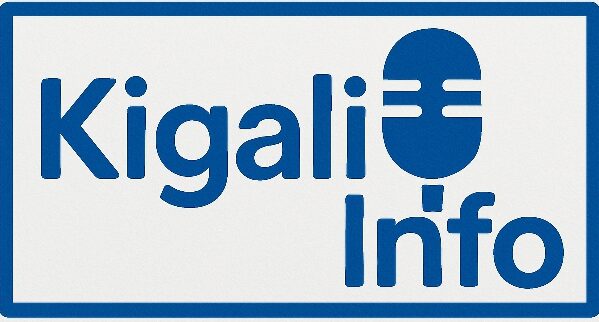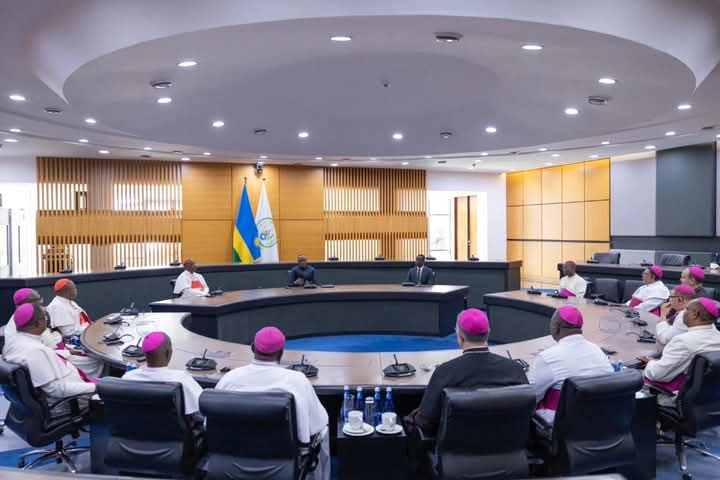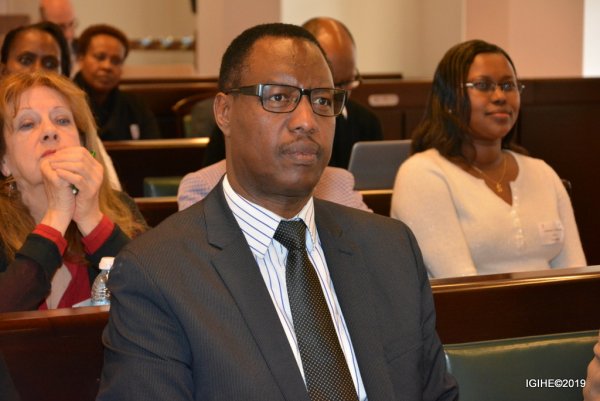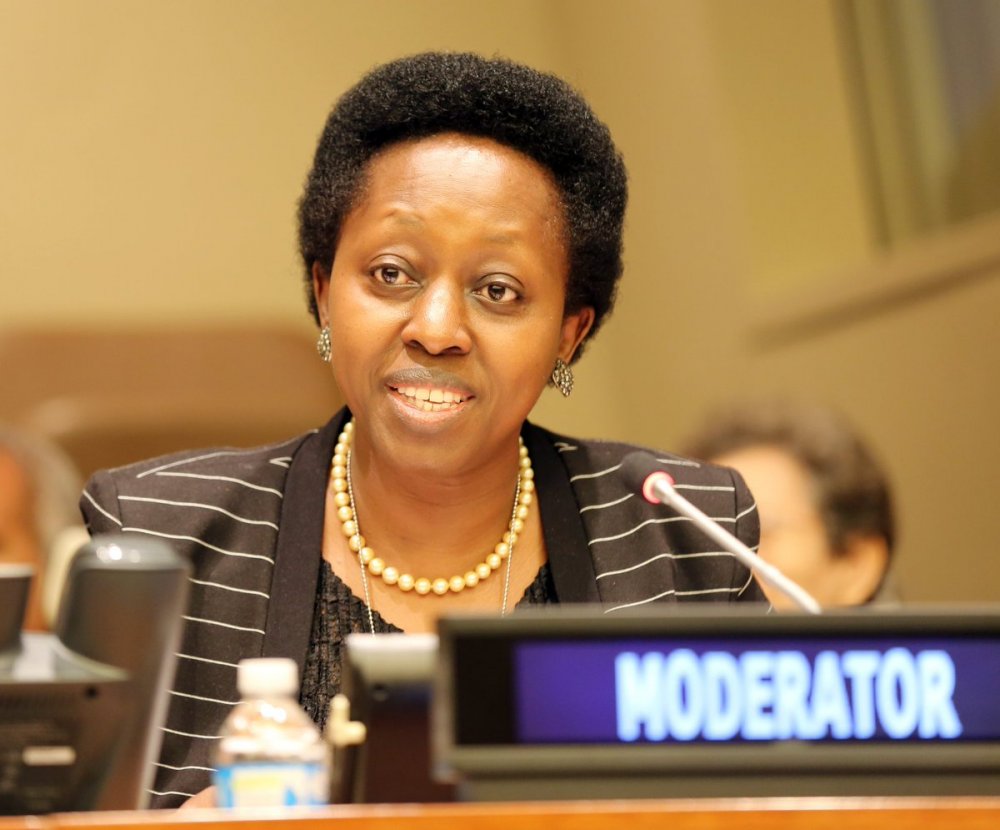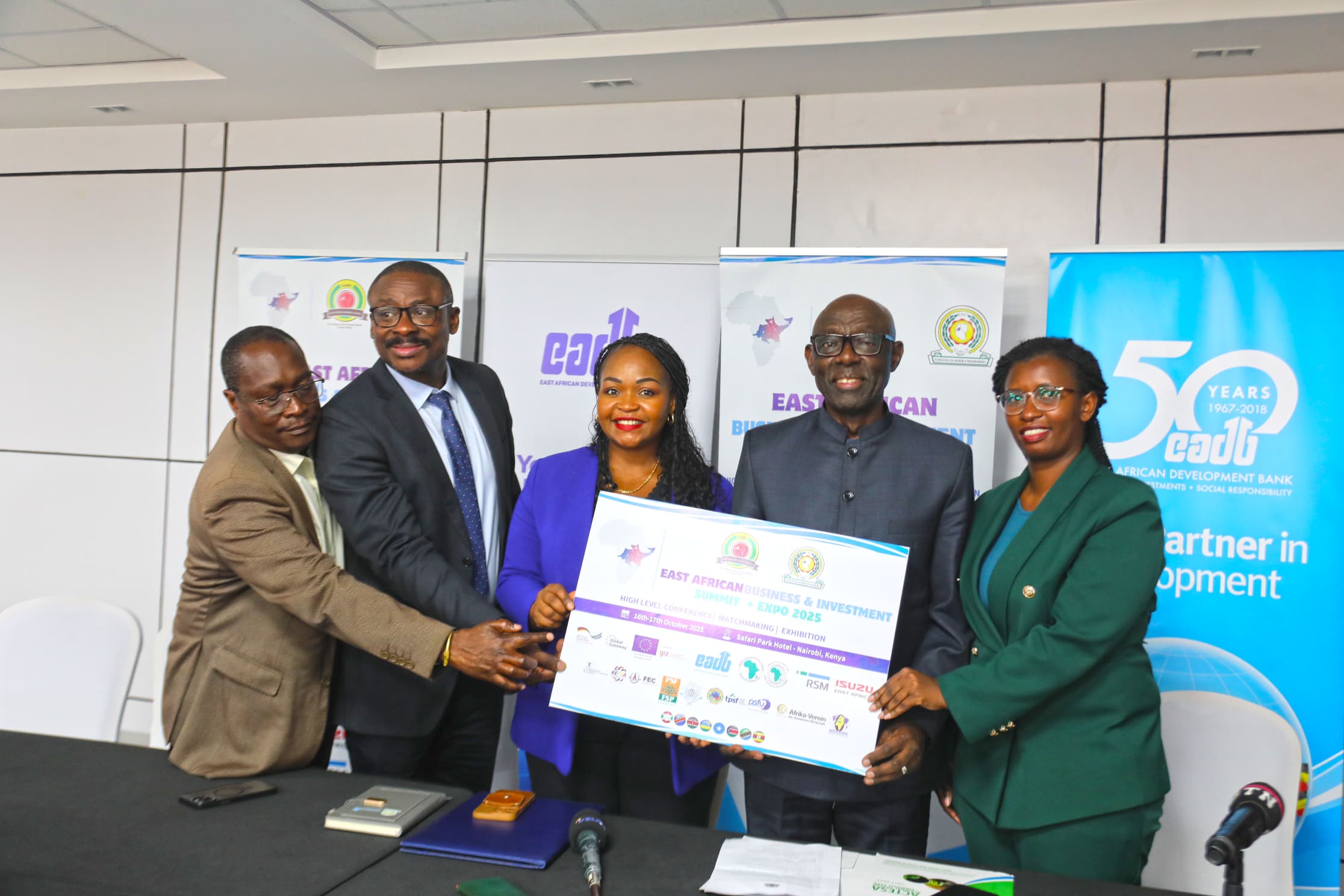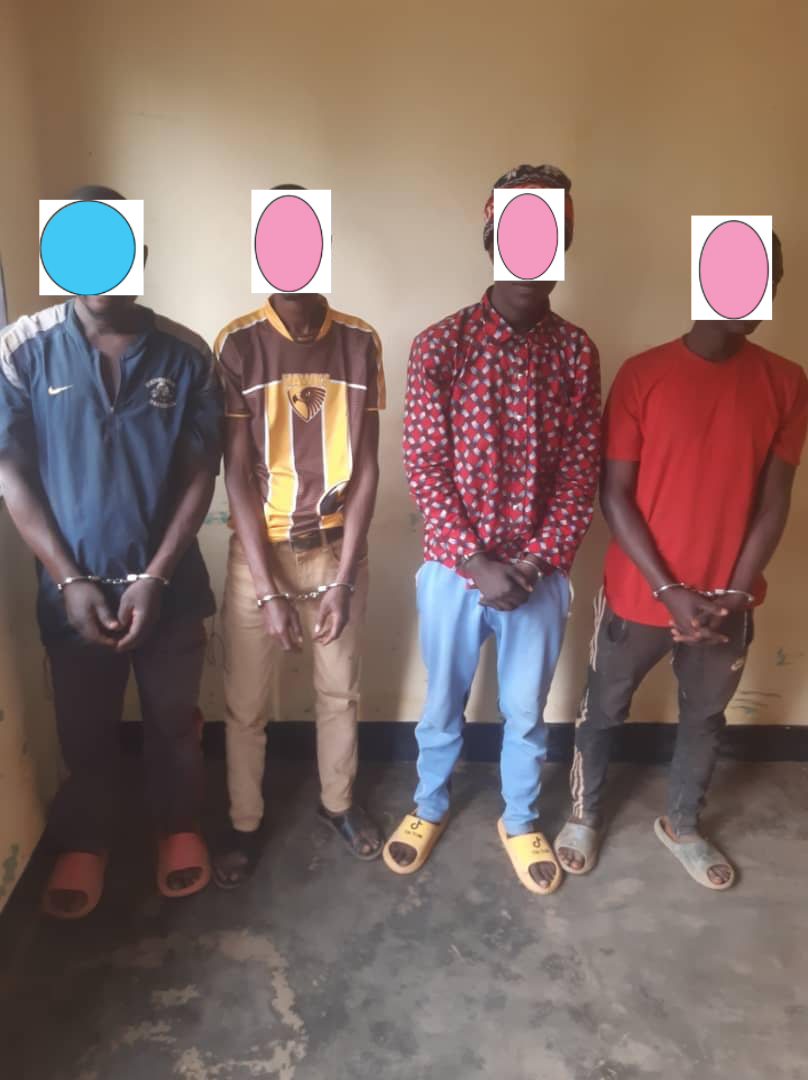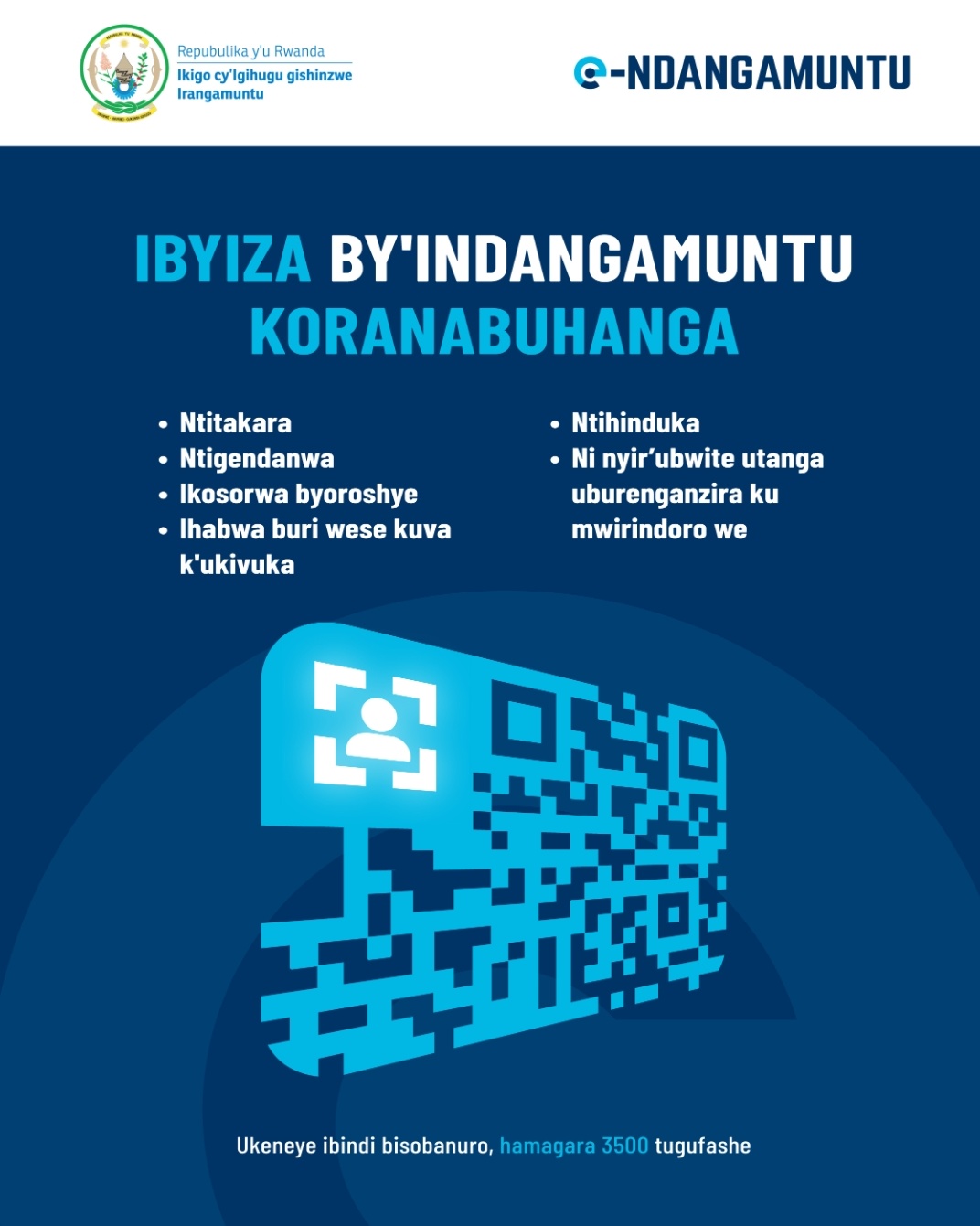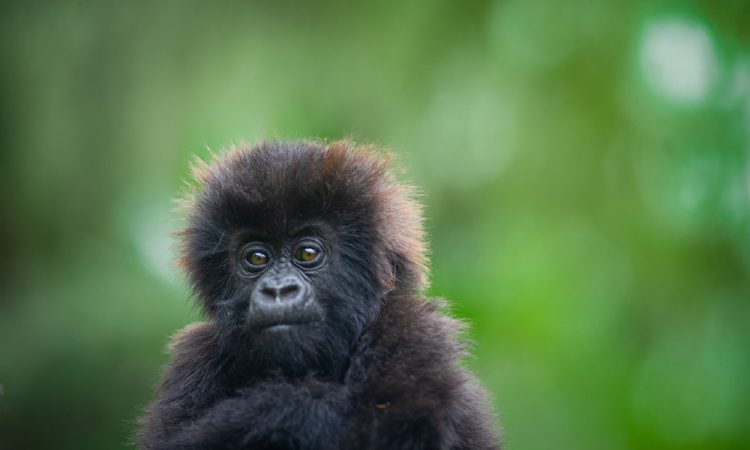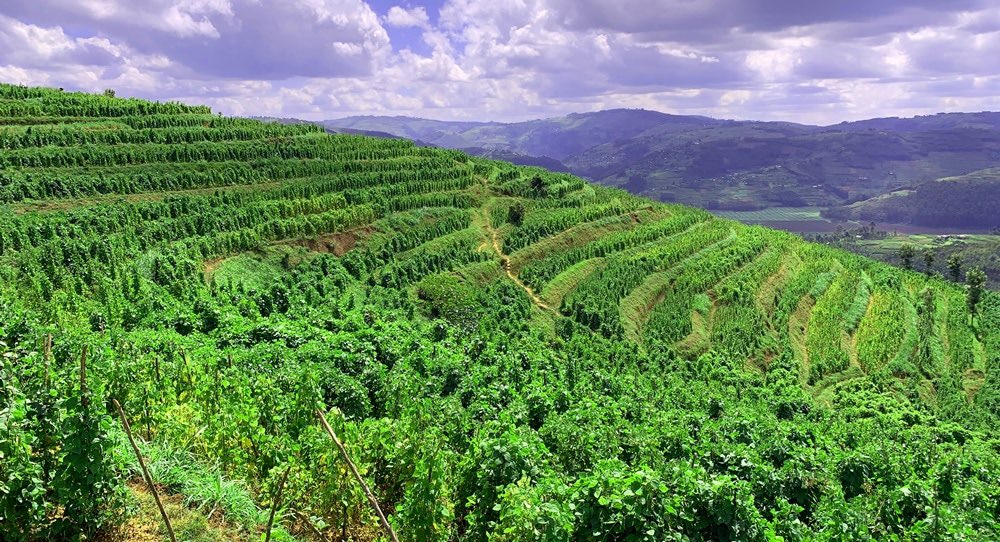

In the northern hills of Rwanda’s Gicumbi District, what was once a disaster-prone region marked by floods, soil erosion, and poor harvests has become a model for climate resilience and rural transformation.
The Green Gicumbi Project, launched under Rwanda’s Green Fund (FONERWA), has now reached near completion, transforming both the landscape and the lives of thousands of residents.
Farmers who used to struggle with meager yields and land degradation now speak proudly of their harvests.
Jacqueline Utamuliza, for instance, recalls how her bean production rose from just 200 kilograms per hectare to over two tons, thanks to terracing, composting, and training.
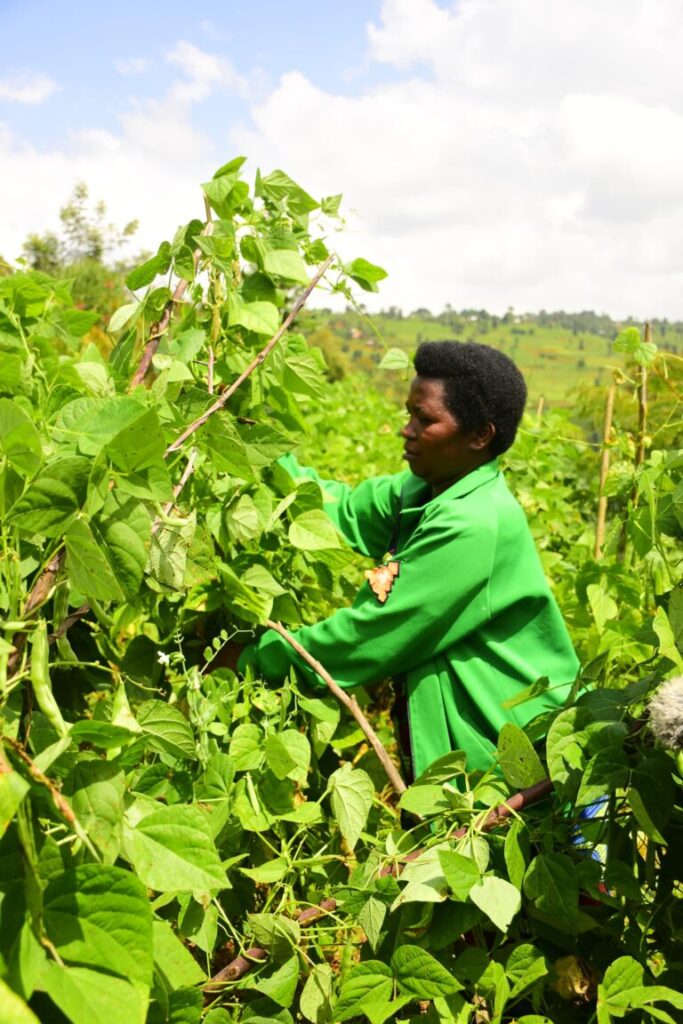
She is one of thousands who have directly benefited from over 1,450 hectares of constructed terraces and nearly 10,000 hectares of agroforestry established under the project.
Beyond crops, the project introduced clean cookstoves to over 31,000 households, reducing the need for firewood, lowering indoor pollution, and protecting nearby forests.
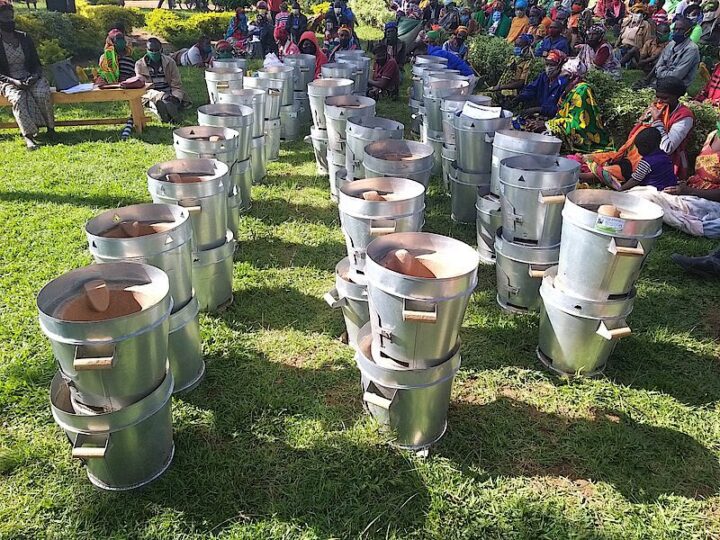
Children’s health also saw marked improvements; stunting rates, once as high as 42%, have dropped significantly as families enjoy more diverse diets and increased incomes.
The reforestation efforts are equally impressive. More than 1,240 hectares of degraded forest have been rehabilitated, and over 3.5 million seedlings have been planted.
Notably, Green Gicumbi pioneered the introduction of hybrid eucalyptus clones—fast-growing, carbon-absorbing trees that are helping restore land while supplying biomass for energy.
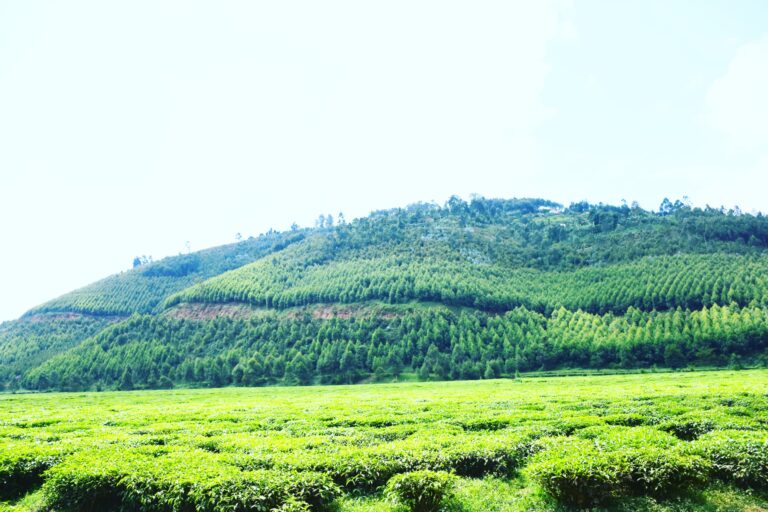
Two modern green villages were built to resettle vulnerable families living in high-risk zones. These new settlements come with eco-friendly housing, rainwater harvesting systems, solar lighting, clean toilets, and spaces for livestock and kitchen gardens.
Additional houses are still under construction, as the project aims to resettle even more families into safer, more sustainable environments.
Crucially, the project has invested in people as much as infrastructure. Over 600 community members recently graduated from a financial literacy program aimed at building climate resilience through better savings and cooperative management.
Many others have received training in sustainable agriculture and business development, leading to the creation of over 38,000 green jobs since the project’s inception—more than half of which have been taken up by women.
These outcomes are a testament to what community-driven, well-funded environmental efforts can achieve. From a landscape once scarred by erosion and climate pressure, Gicumbi now stands as a learning hub for other districts and countries hoping to adapt to the growing climate crisis.
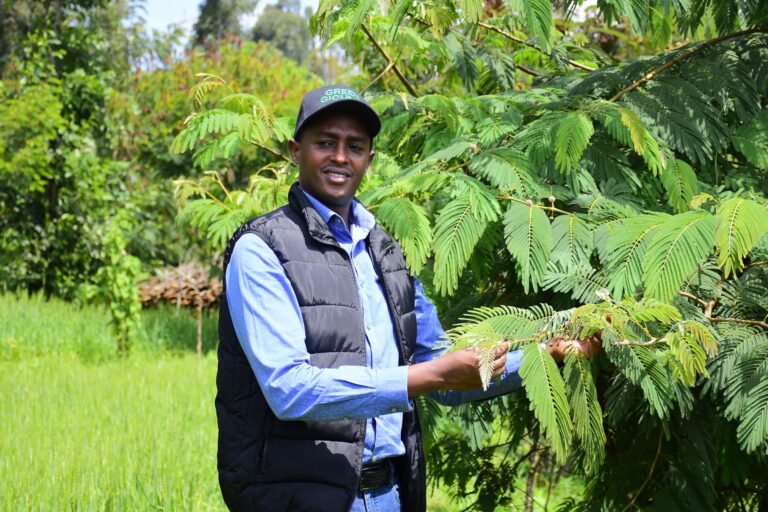
As the project approaches its final year, its lessons are already being integrated into Rwanda’s national strategy for climate adaptation. For the residents of Gicumbi, however, the project is more than a policy success—it is a story of revival, dignity, and hope rooted in their own hills.
